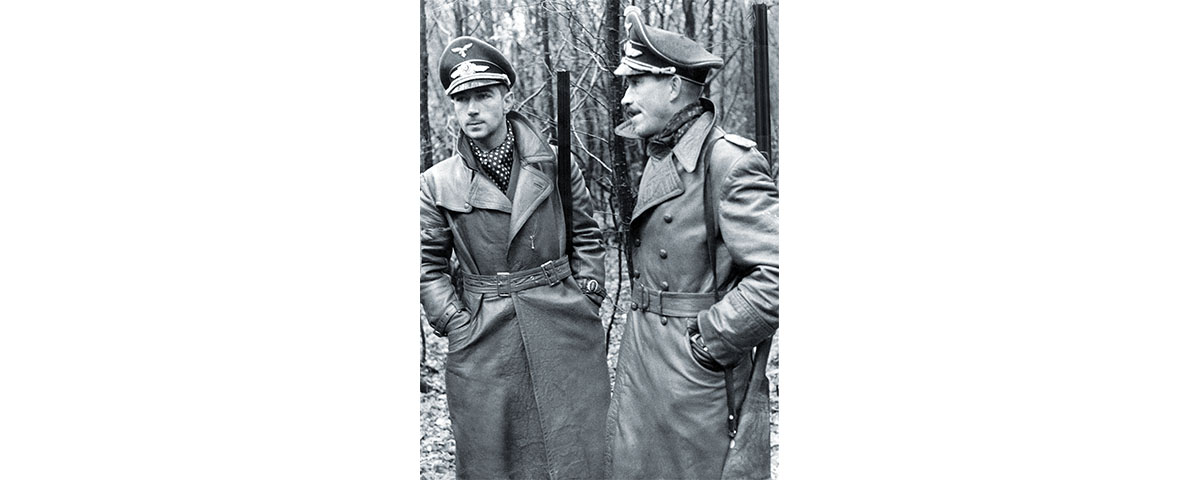Competition for acclaim made the best German pilots better in World War II. But seeking recognition and praise tended to get mediocre fliers killed. So finds a new study from America’s National Bureau of Economic Research.
Economists Philipp Ager of the University of Southern Denmark, Leonardo Bursztyn of the University of Chicago, and Hans-Joachim Voth of the University of Zurich pored over data from the Luftwaffe high command on the monthly “victory scores” of more than 5,000 wartime German pilots. The researchers concentrated on Germany to take advantage of the Luftwaffe’s meticulous records, along with a pair of respected databases of German fighter pilot performance.
They wanted to see how the pilots responded when one of their former peers—someone who had previously flown in the same squadron—was singled out for praise for combat performance in the German armed forces’ daily news bulletin, Wehrmachtbericht.
The results were striking.
The top one percent of pilots increased their victory scores by two-thirds after a fellow flier won acclaim in the daily bulletin—a relatively rare honor. The researchers focused on peers no longer flying together to rule out the effects of combat conditions on the pilots’ scores, among other variables. Even those near the bottom of the rankings posted a 20 percent increase.
Significantly, though, the best pilots upped their game without upping their fatalities. But while average pilots won a few additional victories, they also died at a higher rate. For the 20 percent of German pilots at the low end of the spectrum, fatalities rose by 250 percent when they strived to keep up with the competition.
Rivalries were fierce among German pilots, whose ranks included far more aces than other countries fighting in the war. During the Battle of Britain in 1940, German aces Adolf Galland and Werner Mölders were in a tight competition for the most kills. When Mölders was summoned to Berlin to confer with Luftwaffe chief Hermann Göring, he agreed to go only if the air force grounded Galland during his absence—which it did.
“Should we care about the motivations of young, testosterone-charged men fighting for Nazi Germany, more than 70 years ago?” the authors ask in one published report. They answer that while competition for status can be a motivator for individuals in settings that combine performance and risk—traders in financial markets, for instance—there can be a distinct downside.
Summarizing their findings, the researchers warn that “high-powered incentives can backfire.”





